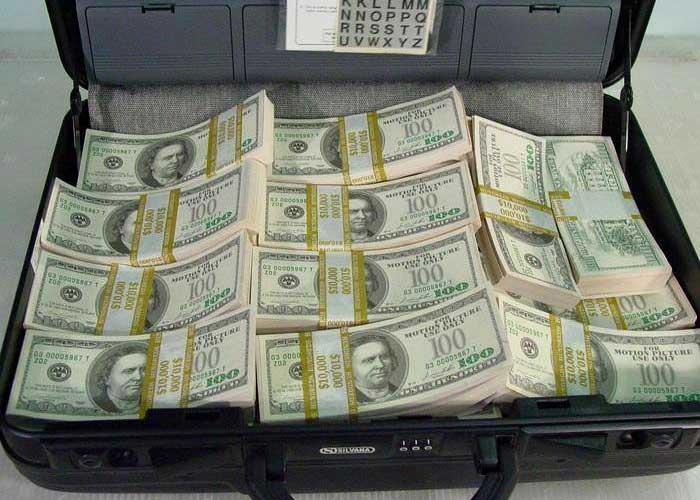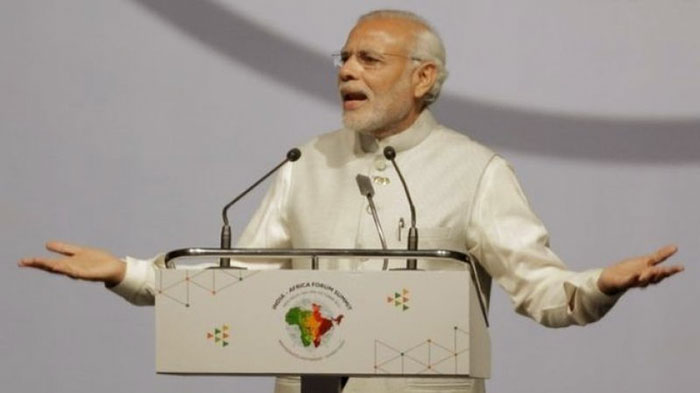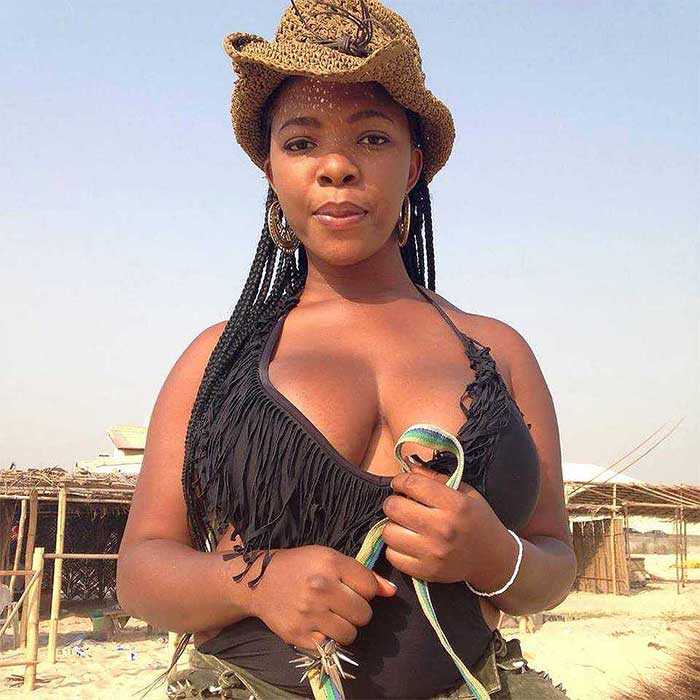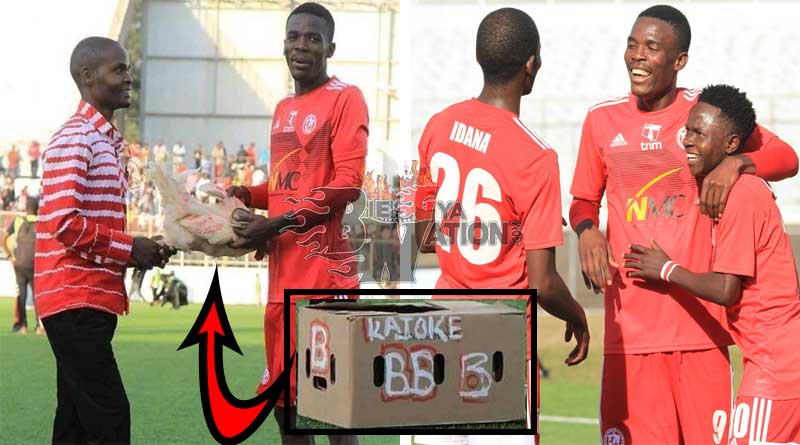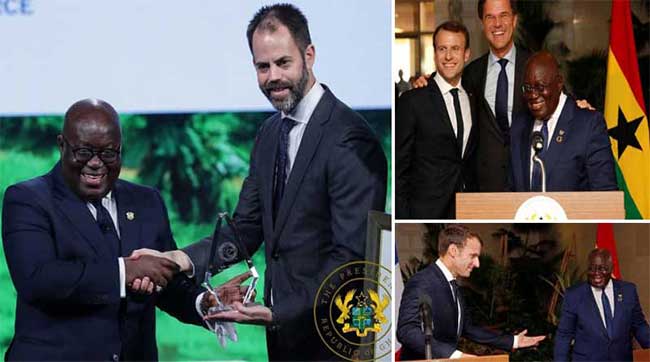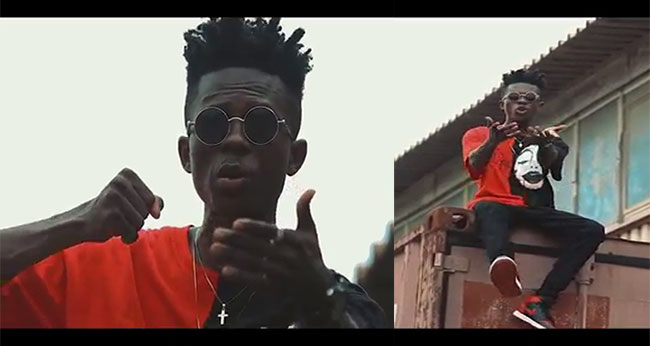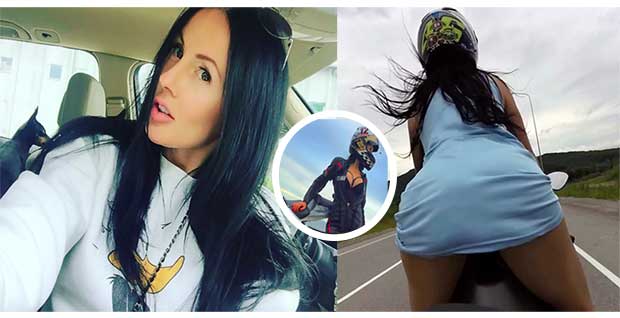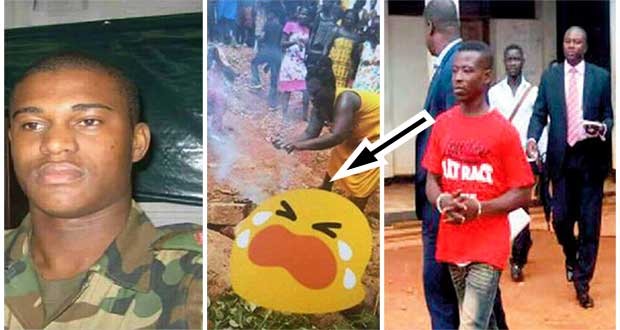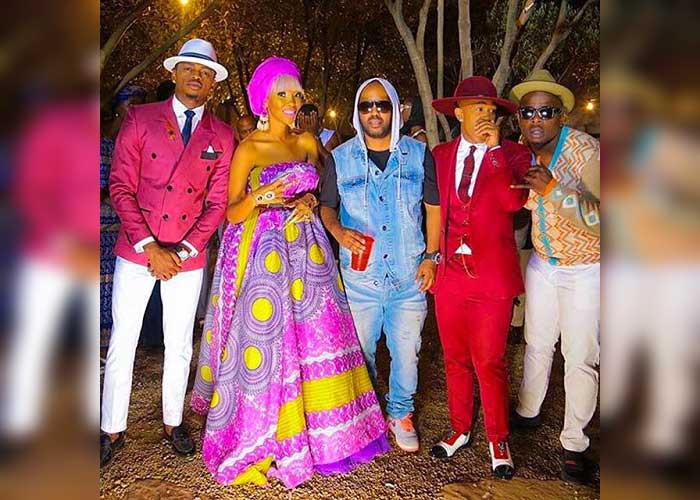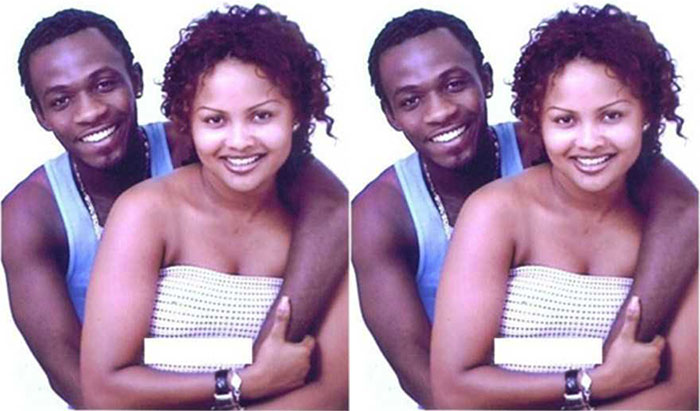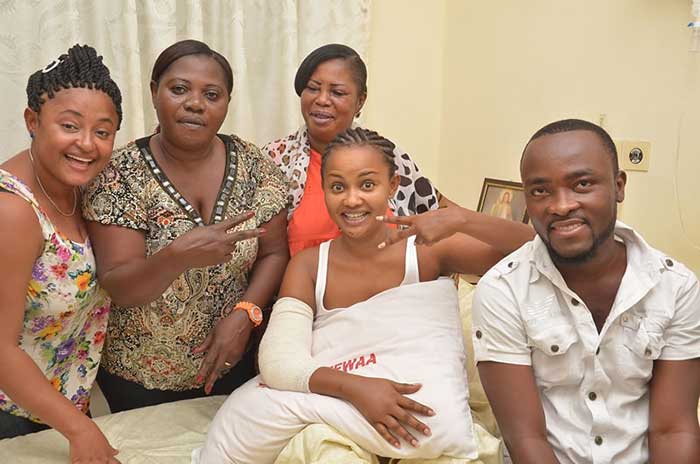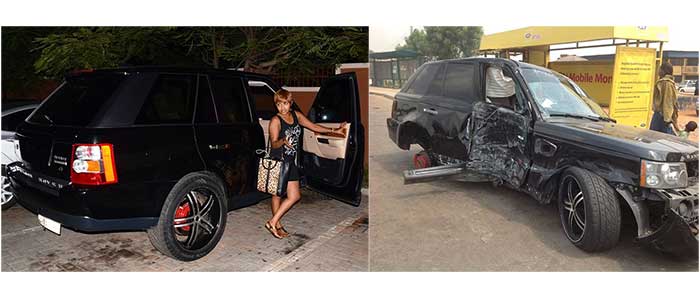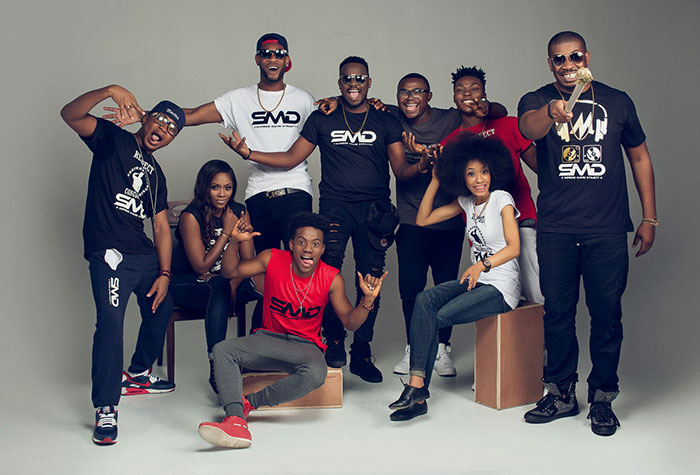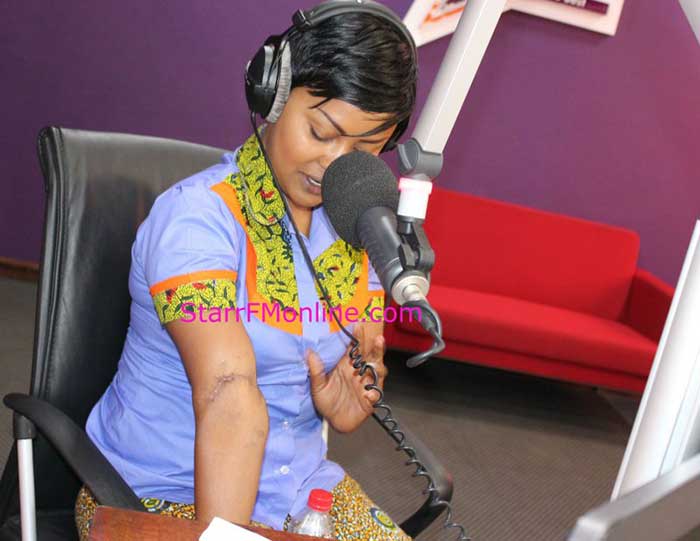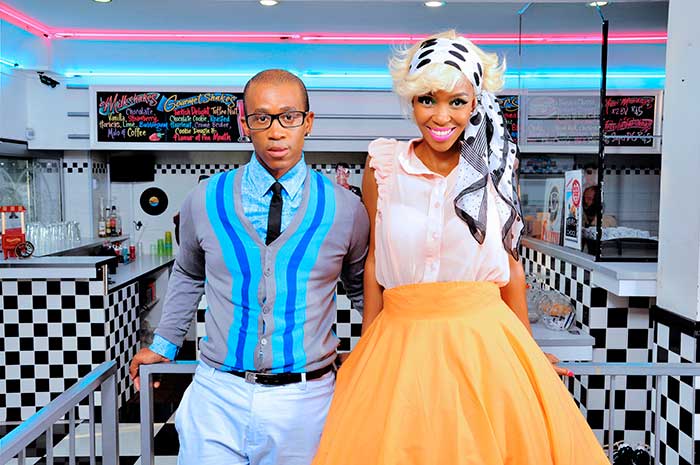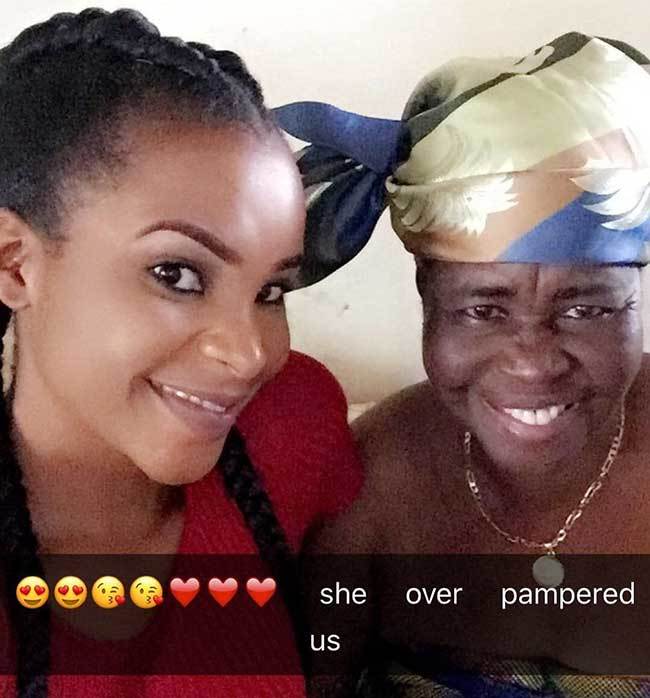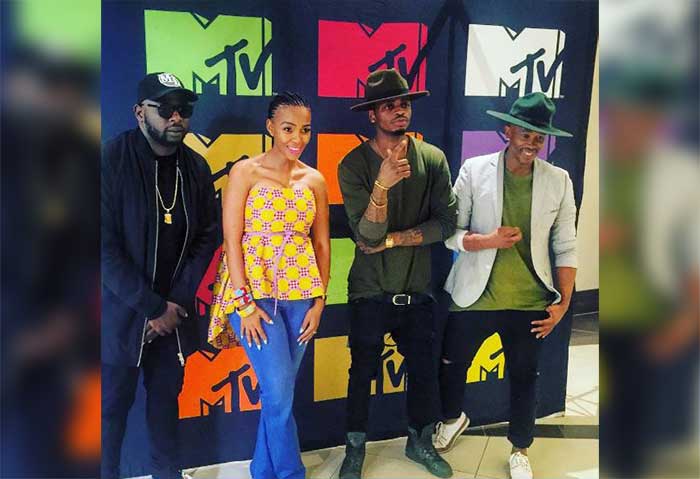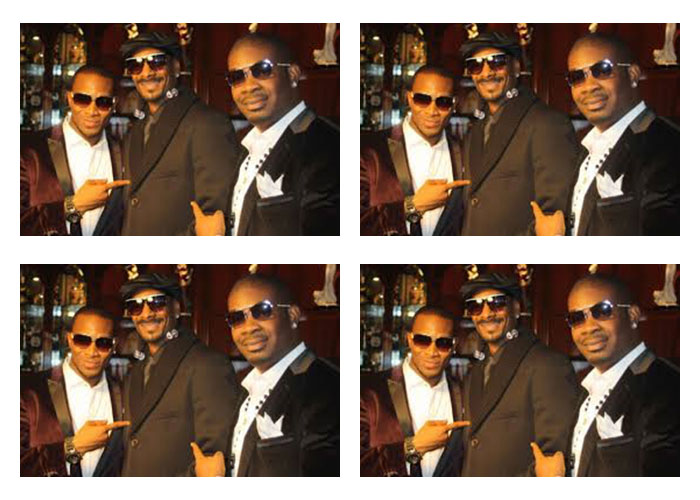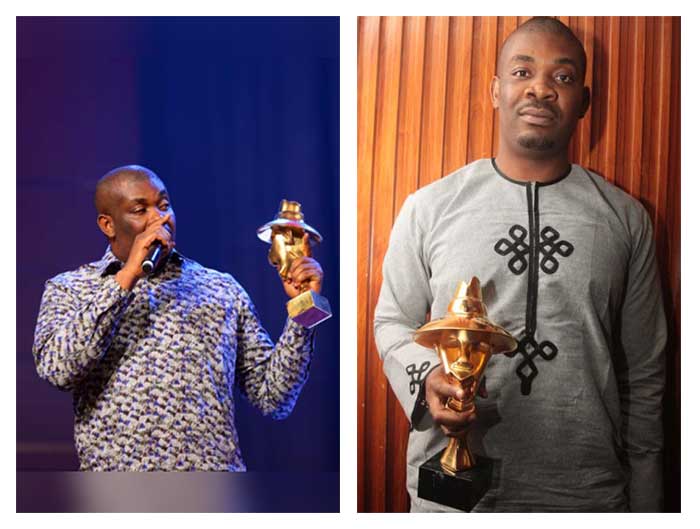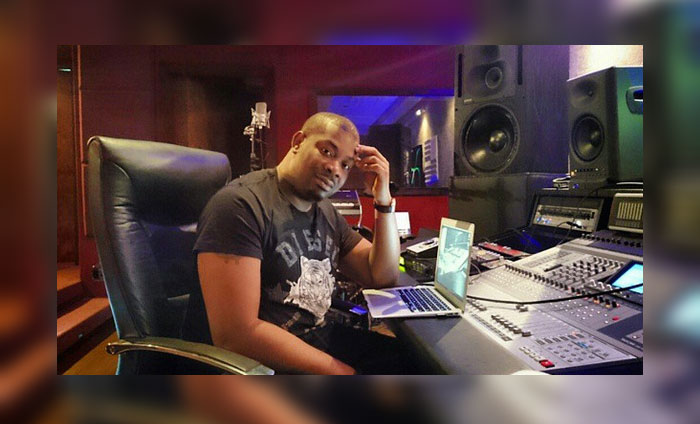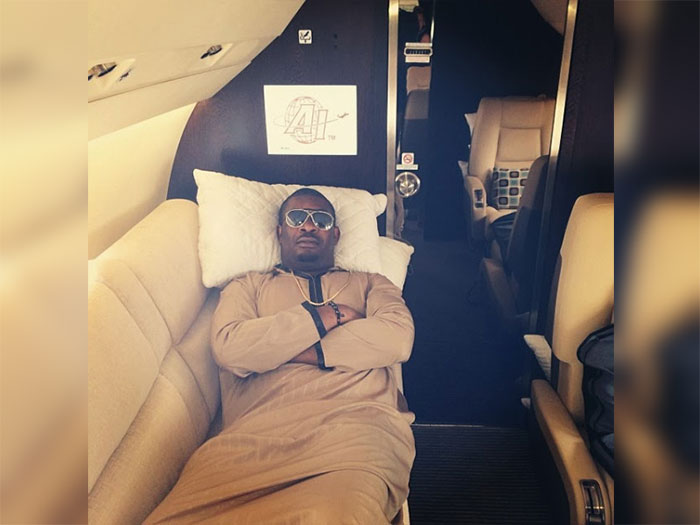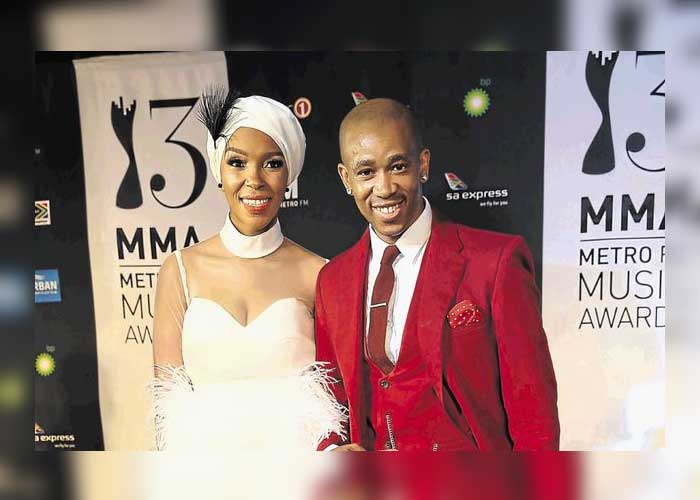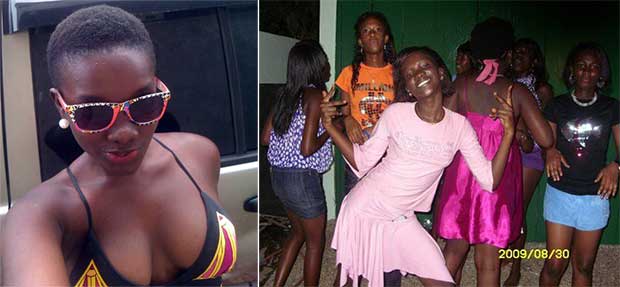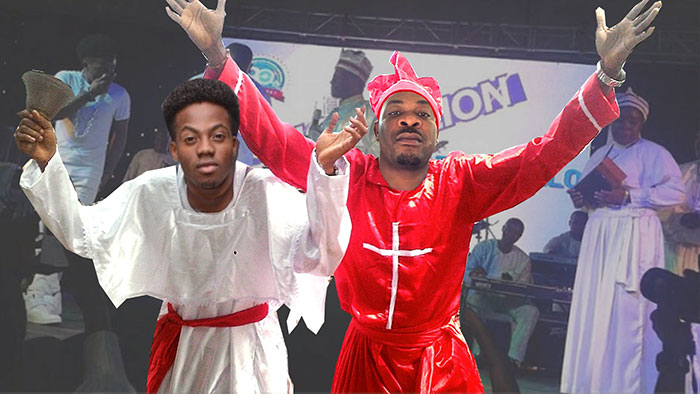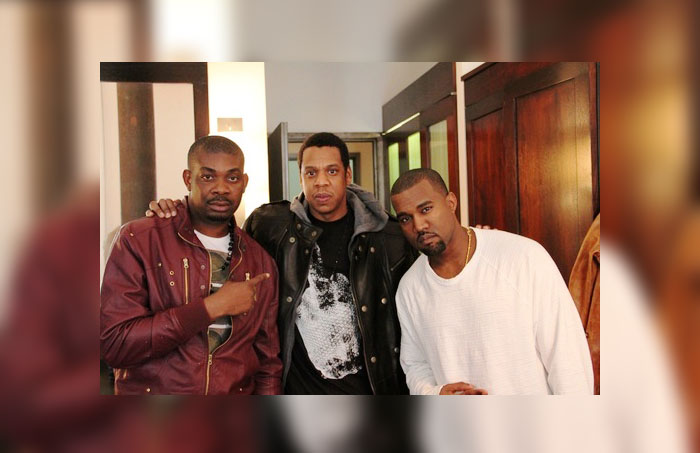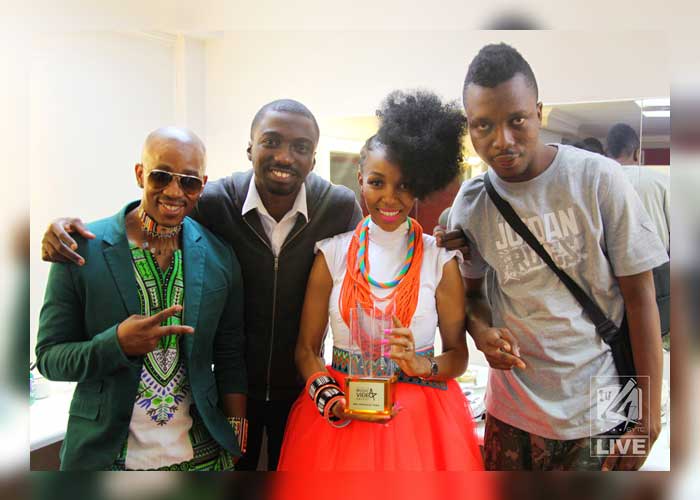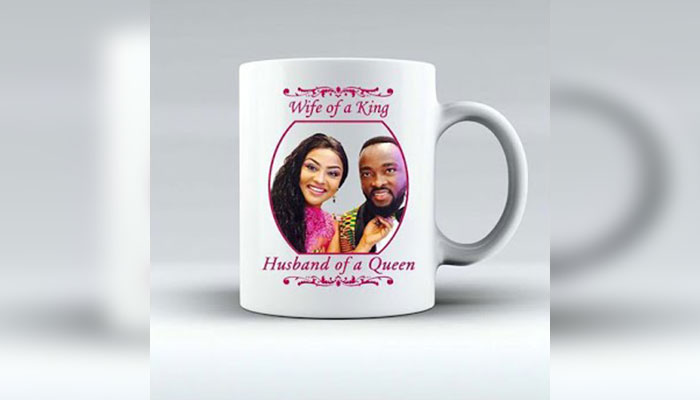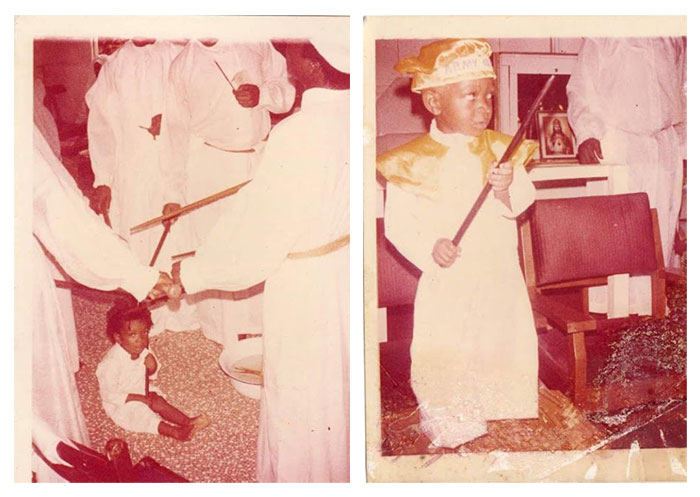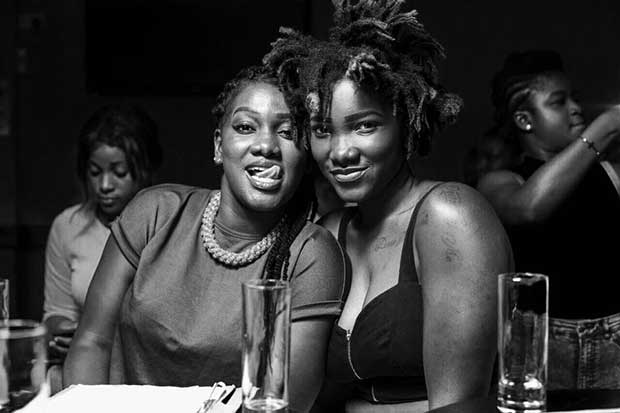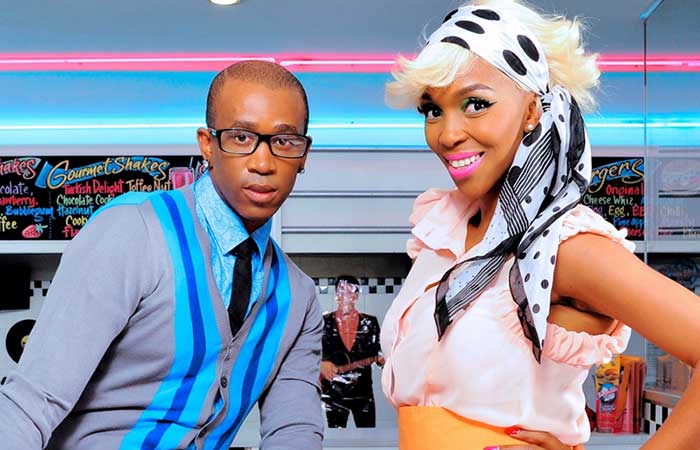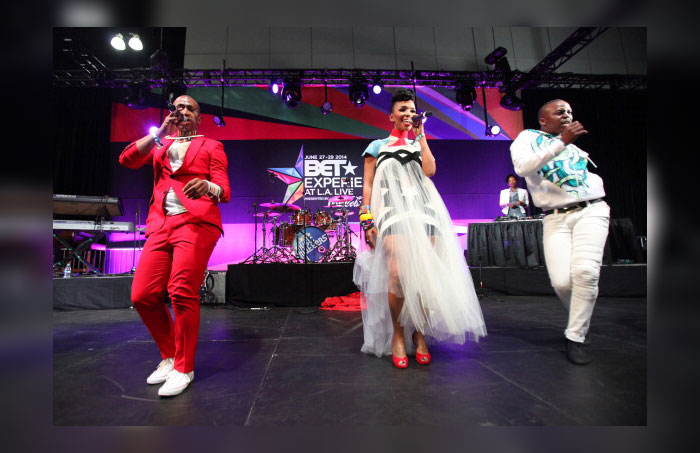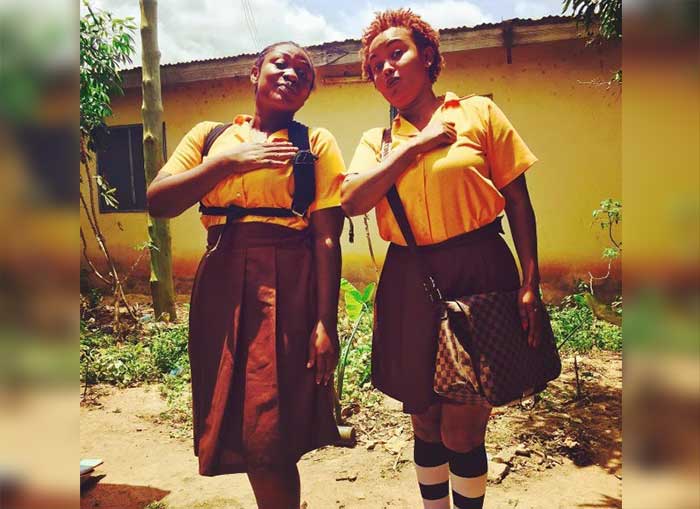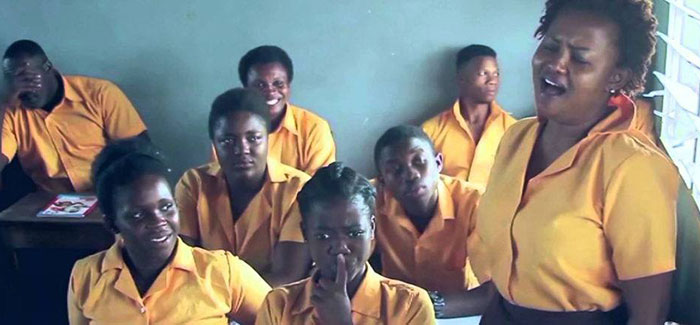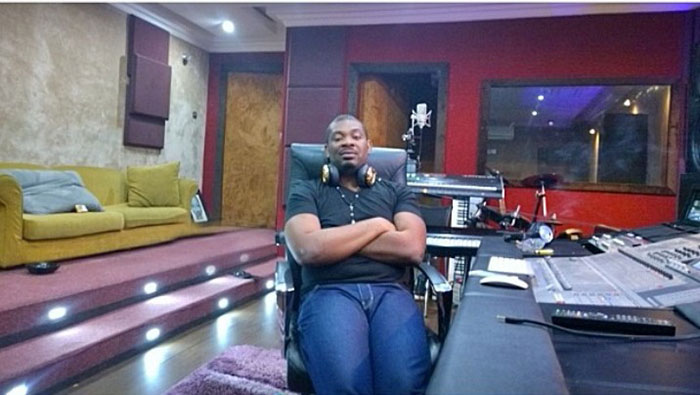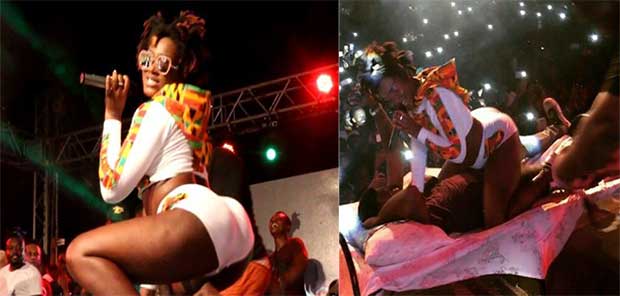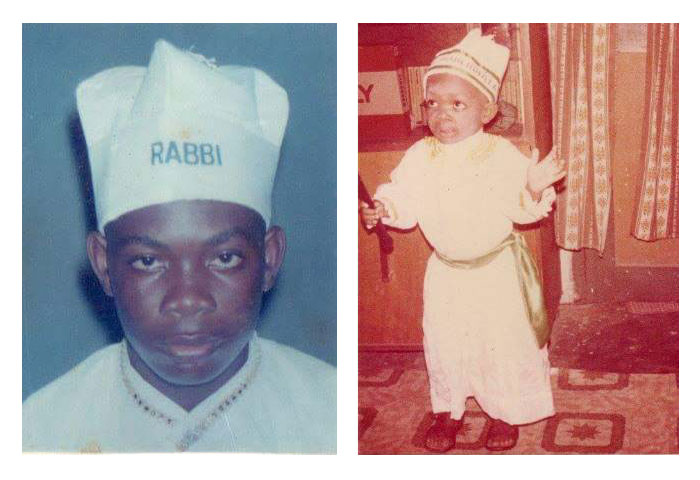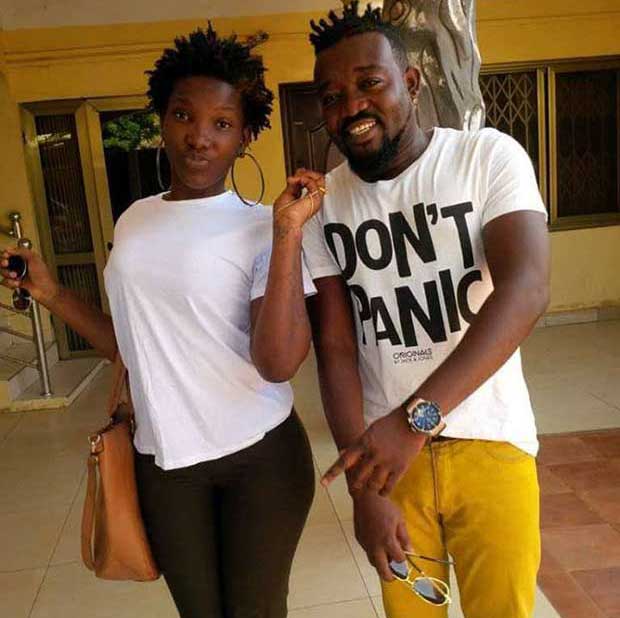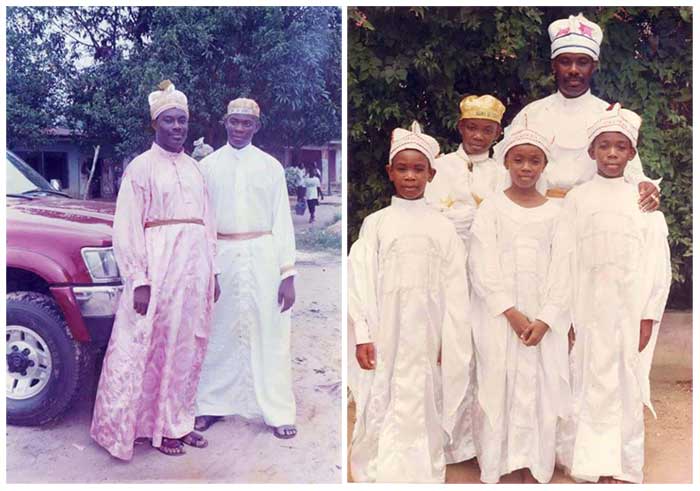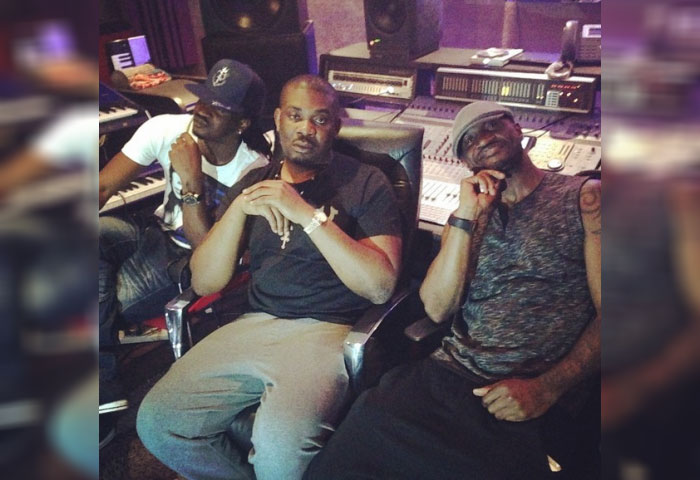Info Zone

- Super User
- Category: Info Zone
- Tuesday, 14 July 2015 06:55
Why Ghana got banned from using the Paypal platform...
In the early 2000s, and in most west African countries including Ghana, Nigeria and Senegal, when the internet cafe was a new phenomenon, many youngsters spent most of their time at the cyber cafes surfing the internet.
There was, however, a worrying trend that began to take wave in most of these internet cafes. The young men found dark net websites that gave them unlimited access to credit and master card details of people in Europe and America.
They used these details to shop for clothing, gadgets from e-commerce websites like Ebay and Amazon. When shipping of the goods were not allowed directly to Africa, the fraudsters would use their family and friends abroad as middle men / passage routes to receive the products and further ship them to Ghana and their respective countries.
Most of these poor and disadvantaged youth found a gold mine in this trade and they spent almost 24 hours shopping and fishing for credit card details to scam. Others went as far as using the paypal accounts of vulnerable account holders to orchestrate this dubious activity.
Somewhere around 2004, and after thousands of legitimate users of Paypal, amazon and ebay complained about unusual purchases and huge sums of money were getting lost in their accounts. These technology giants decided it was time to curb this fraudulent activity of credit card fraud.
They simultaneously decided to blacklist so many West African countries from using their platform for their illicit activities. Some of the countries that were blacklisted included Ghana , Nigeria and many other African countries.
For the next decade that followed, it was impossible for people resident in Ghana and the other blacklisted countries to make or receive payments on the PayPal platform.
With many online merchants using PayPal, sometimes exclusively, to receive payments for products and services, Ghana's 24 million people, like many more in other blacklisted countries, were unable to transact business.
If you are wondering what Paypal is, paypal according to their official website was founded in 1998 and they continue to be at the forefront of the digital payments revolution processing almost 11.5 million payments for their customers per day.
PayPal gives people better ways to connect to their money and to each other, helping them send money without sharing financial information and with the flexibility to pay using their PayPal account balances, bank accounts, PayPal Credit and credit cards.
With about 162 million active digital wallets, they have created an open and secure payments ecosystem people and businesses choose to securely transact with each other online, in stores and on mobile devices.
PayPal is a truly global payment platform that is available to people in 203 markets, allowing customers to get paid in more than 100 currencies, withdraw funds to their bank accounts in 57 currencies and hold balances in their PayPal accounts in 26 currencies.
Fast forward to 2015, the year of the digital revolution where smart phones are not seen by many Ghanaians as luxurious products but a necessity, you should by now understand the immense role paypal would play in our cashless society.
We live in an era where many Ghanaian entrepreneurs with innovative products and services who would offer real value to buyers around the world and contribute to economic development locally, have been cut off from much of the world where PayPal is a major platform for receiving trading electronically.
"This is anti-business. Similarly, there are lots of social enterprises and charities that are working to improve lives and communities in Ghana and around Africa that are unable to accept donations via PayPal.
"All over the world, online donations have powered a variety of social innovations and charity projects. Being blacklisted means many innovative social enterprises and charities in Ghana are deprived access to potential donors. This isn't progressive." These are the words of Samuel Darko, a District Rotaract Representative.
Click on the next button below to continue...






